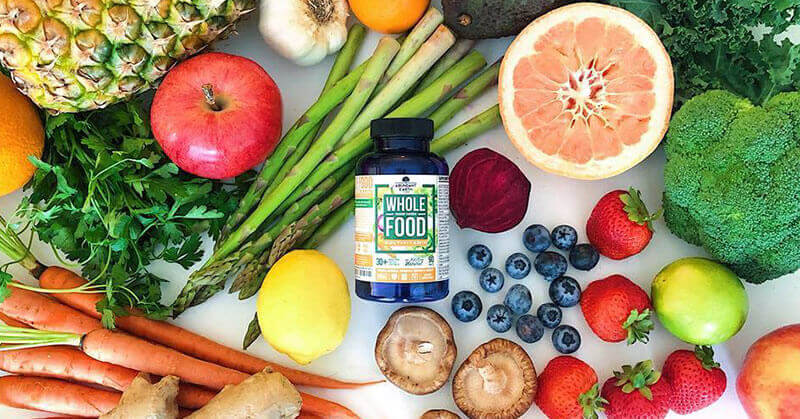As children develop, having enough vitamins and minerals to maintain optimum health is essential for them.
Many children get sufficient levels of nutrients from a healthy diet, although children will need to be supplemented with vitamins or minerals in such conditions.
Will children have separate food demands compared with adults?
Kids need the same nutrients as adults, but smaller doses are typically needed.
- When children develop, having sufficient quantities of nutrients that help create healthy bones, such as calcium and vitamin D, is important.
- Besides, iron, zinc, iodine, choline, and vitamins A, B6 (folate), B12, and D are essential to early-life brain growth.
So, while children may require lower levels of vitamins and minerals relative to adults, they need to get enough of these nutrients for proper growth and development.
Kids who need vitamins:
There are some classes of kids who can’t get all the supplements they need from their food.
Babies’ breastfed.
Vitamin D, which is essential for bone growth and other body processes, is fortified by formula. But breast milk. Now breast milk is always the best baby food and mothers can breastfeed wherever possible. Vitamin D is a vitamin for sunlight, and there will be no reason for supplements if both kids were out in the sun daily. But the truth is that we don’t often have little kids out in the heat. When you have a kid whose food is mainly breast milk, speak to the doctor about exactly what nutrient you should be offering, and how long.
Kids on restrictive diet plans:
Examples of this are the kids who decline to consume a fruit or vegetable flat out, those who may survive on the “white diet” of spaghetti, corn, beans, bread and milk, those who decline anything but chicken nuggets and French fries. Now, sadly, antioxidants are not the solution here. You can consult with the doctor to discover options to get anything better with the child’s diet. But a multivitamin for kids containing minerals may help avoid nutrient shortages in the meantime.
Reasons for providing multivitamin to your kid:
No matter how hard you try, your child is not still consuming nutritious meals. (What do you think about someone who is adamant that the only thing worth having is white?) In either case, ask your doctor if a regular multivitamin will better address the nutrient deficiencies in your baby’s diet. You can think about it as a little protection for your kid and a little piece about mind for you.
Another excuse to give your tot a multivitamin: If your kid has a particular, limited diet, he could really gain from an extra nutritional boost. For instance, extra calcium and vitamin D could be needed for children who don’t drink milk because they are lactose intolerant. And children who consume a vegan diet (meaning no beef, food, or dairy products) can require extra vitamins B12 and D and riboflavin, calcium , and iron. In these situations, a multivitamin might be effective, or perhaps necessary — check in to get your doctor’s advice.
If you do decide to give your child a multi, consider these tips:
- Buy a multi, which is designed for girls. This will provide the correct amount of nutrition to your child for her little body.
- Only give your toddler the prescribed dosage (it may be risky to overdo it on supplements).
- If your child’s doctor recommends a multivitamin, choose one that is intended for the age group of your child and does not provide more than 100% of the daily value of vitamins and minerals. Furthermore, hold multivitamins out of sight of your kids, and make it plain that they are not sweets.
How to make sure that your child gets enough nutrients?
Make sure their diet includes a range of balanced foods to guarantee that children receive enough nutrition levels so that they don’t require additives. Continually add new vegetables and fruits cooked in diverse and delicious ways to make your kid consume more food.



